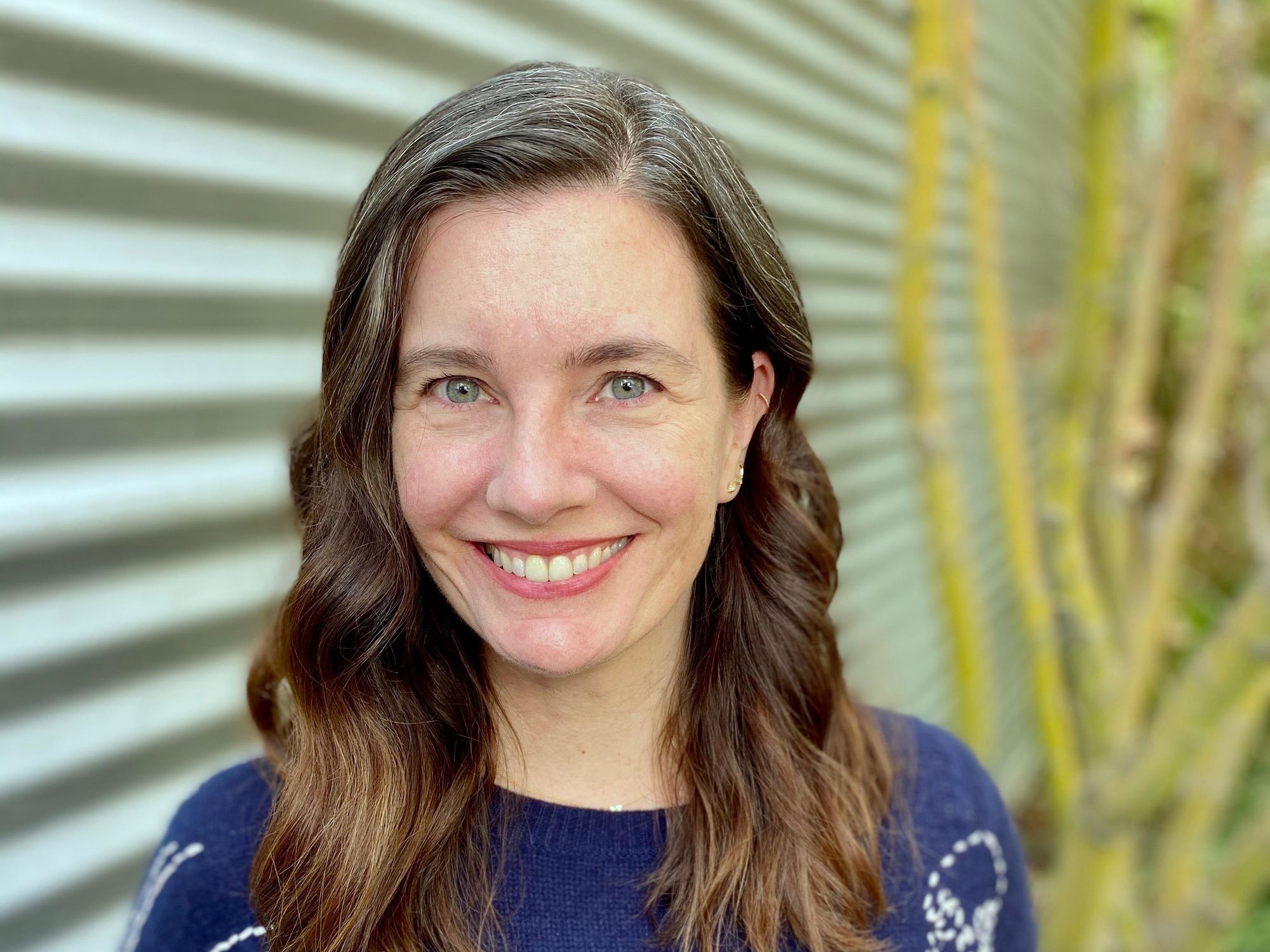LA Venture: Touchdown Ventures Partner Beth Kearns on ‘Corporate Innovation’

In the early days of the internet, Beth Kearns jokes that she was the only person in her organization with an AOL account.
“They were like, ‘Oh, well, you know, you just graduated college. So you'll be the one who can access the internet. You'll figure it out.’”
Her interest in technology and how it could change the entertainment industry propelled her through 20th Century Fox's film, TV and mobile divisions, and got her a seat at the table when the organization was considering a partnership with Netflix and, later, a joint venture called Hulu.
Now at Touchdown Ventures, she advises corporate clients about how to manage their venture outreach and streamline their investment programs.
On this episode of the L.A. Venture podcast, Kearns discusses the entertainment industry’s fraught relationship with tech, the seemingly incongruous notion of “corporate innovation” and how partnerships with startups can benefit corporations.
“When I first got to 20th Century Fox, those new technologies were terrifying to the senior executives, where it was like an existential threat that was looming over,” Kearns said. “And so what we focused on was content protection.”
The industry was extremely concerned that what happened to the music industry with the rapid expansion of Napster could soon happen to them. Executives didn’t consider the possibilities of new technology until much later.
“I think it wasn't until Netflix had really, really taken off that I think everybody got shaken more to the core,” she said. That’s when the discussion turned more toward “‘Okay, we have to rethink this a little bit’,” Kearns said.
Kearns worked with Touchdown for three years while at 20th Century Fox on various projects. She said the studio was considering how to prepare for the future, including whether to set up an accelerator or in-house incubator. When they considered whether to create a venture arm, they looked at how Touchdown’s resources could help the company set up a much for effective venture investing program.
“The challenge was, were we going to see the best deals, because we weren't necessarily seeing all of the deals,” Kearns said. “Touchdown has now over 50 people, and we work across all different types of industries. Any of our corporate partners are tapping into that breadth.”
Now at Touchdown, Kearns helps startups and corporates work together. When working with large enterprises, she says it’s crucial for startups to be clear about what they want from a corporate partnership.
“The biggest piece of advice that I can give [a startup] is being really clear about what it is you want from the corporation, or how you would envision partnering with the corporation because then someone can figure out who the right person is to talk to,” she said.
Kearns also teaches a class at UCLA on “corporate entrepreneurship and innovation,” which, she said, seems like an oxymoron to many, but makes sense when you think about what corporations need.
“They want to be able to try and see where the ball’s going,” she said. “And that's hard to do when you're doing your day-to-day job. And you have deadlines and quarterly reports, and things like that.”
Her class focuses on four building blocks that corporations can use to advance industries: research and development, business development (partnerships), venture investment and mergers and acquisitions. Corporations’ scale gives them the ability to experiment and expand quickly.
Kearns is now leading Touchdown’s newest fund, focused on agricultural technology.
She said the firm looks closely at crop production and precision ag—both of which contribute to the fund’s overall focus on sustainability. Touchdown is working with farming cooperatives CHS and Growmark to see how tech ranging from the supply chain to digital twins can transform farming.
“I think the thread that goes throughout my career is really curiosity,” Kearns said. “As you can see from the fact that now I'm doing ag tech and admitting you know, that I don't know everything. But you know, there's a skill set that I can bring to different industries. That keeps me going.”
Kearns said bridging the gap between small startups and large corporations requires strong communication skills. From the corporate side, she said companies need to be willing to listen to startups who can transform their operations. From the startup side, entrepreneurs need to be aware that coming in too aggressively can cause friction. Both sides need to build trust to create a roadmap that benefits all parties.
“There is an emotional intelligence that's really important around innovation,” she said.
Click the link above to hear the full episode, and subscribe to LA Venture on Apple Podcasts, Stitcher, Spotify or wherever you get your podcasts.
This podcast is produced by L.A. Venture. The views and opinions expressed in the show are those of the speakers and do not necessarily reflect those of dot.LA or its newsroom.
dot.LA reporter Kristin Snyder contributed to this post.
- Los Angeles Venture Capital News - dot.LA ›
- Miramar Digital Ventures' Bruce Hallett on Venture Capital - dot.LA ›
- LA Venture: How Baron Davis Uses Social Media in His Investing ... ›
- LA Venture: Anthemis Group's Vinay Singh - dot.LA ›
- R-Squared Ventures’ Roy Rubin on the Evolution of Ecommerce - dot.LA ›
- Hoopla’s Deron Quon on Keeping Perspective as a Founder - dot.LA ›
- Dangerous Ventures' Gaby Darbyshire On Climate Tech - dot.LA ›
- LA Venture: Taylor Adams on His ‘Blended Approach’ to VC - dot.LA ›
- B Capital's Howard Morgan On Key To Early Stage Investing - dot.LA ›
- Nick Chirls On Investing In ‘Too Early’ Startups - dot.LA ›
- Fifth Wall Ventures' Dan Wenhold on Real Estate Tech - dot.LA ›
- Aaron Samuels On Collide Capital and Creating Blavity - dot.LA ›
- Creandum’s Carl Fritjofsson on AI and Sealing Series A Deal - dot.LA ›





 Image Source: Skyryse
Image Source: Skyryse